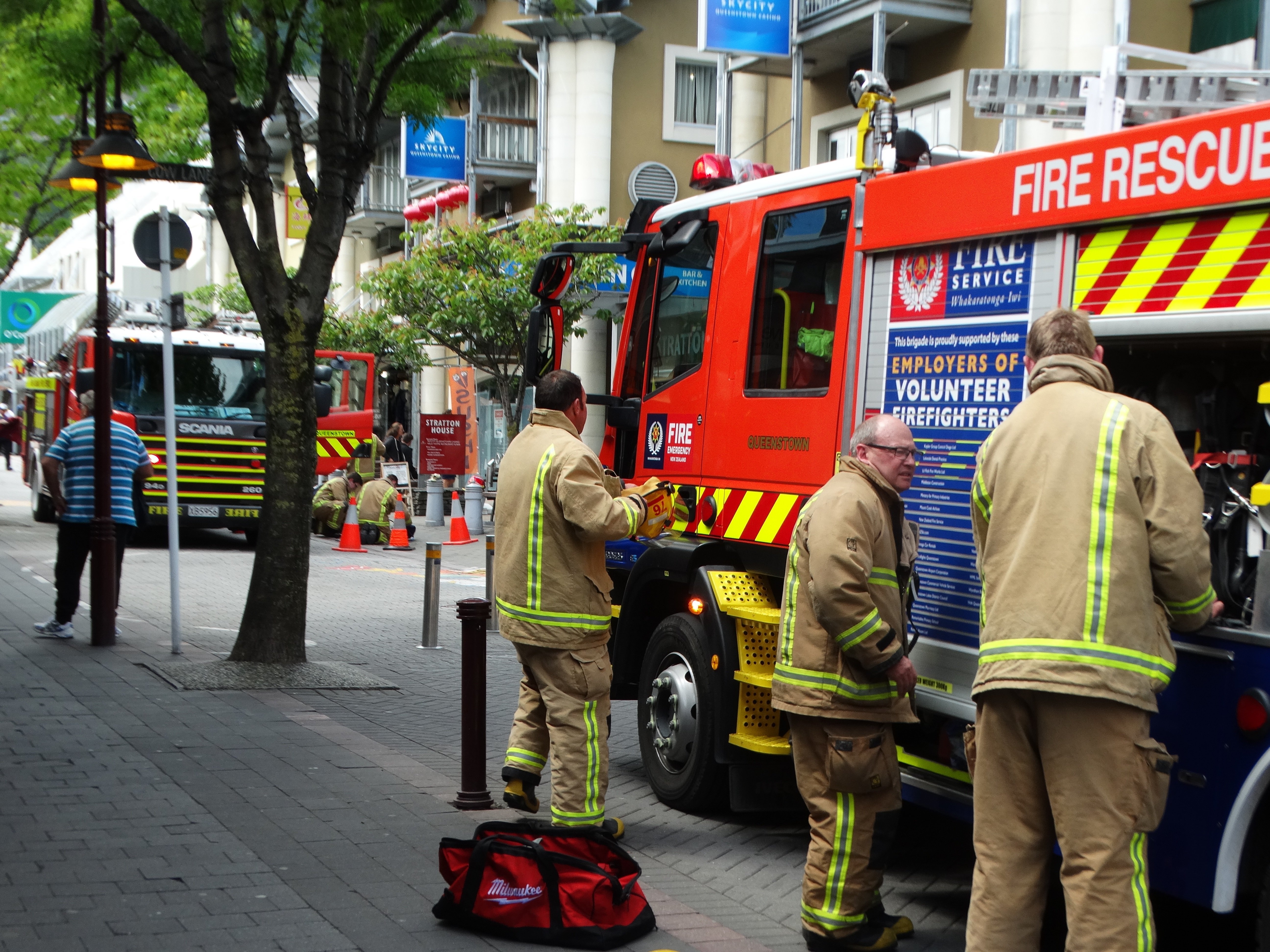
Katherine Lamont launched a Parliamentary petition in March, calling for the 12,000-odd volunteer fireys across New Zealand to get the same ACC coverage as their 1800 paid counterparts — 36,500 signed on in support.
In Wellington yesterday, Lamont became emotional when she told the committee about the reason she was lobbying for change, having witnessed the "devastating impact that PTSD had on a local fireman".
Kingston’s chief fire officer Peter Ottley stepped down from his volunteer role, and had taken time off his paid employment, after being diagnosed with PTSD, triggered by a fatal crash between a bus and a car in December.
"He was left without financial support and without the ability to work because of his PTSD diagnosis, and he did not qualify under our current ACC coverage," she told the select committee.
United Fire Brigades’ Association chief executive Bill Butzbach said Ottley may not be able to work again, "yet he’s provided all of this support to the community for all these years, so we think there is a clear case [for equal coverage]".
Lamont said the issue was becoming more widely acknowledged by volunteers, who make up 86% of the Fire and Emergency NZ (Fenz) workforce, cover 93% of the country’s land mass and attend the majority of serious incidents.
In 2023, vollies attended 70% of all motor vehicle accidents, 71% of all medical emergencies and 81% of vegetation fires.
"I find it pretty unreasonable that we would put people into this position, where they’re expected and required [to attend serious incidents], but then also put them in a position where their livelihoods are potentially at stake should they suffer through the course of this unpaid work.
"They are carrying the workload for Fenz.
"Despite carrying the same risks, [holding] the same responsibilities and completing the same core training as their paid counterparts, they are excluded from full ACC protections, and it is not a sustainable way forward.
"They respond to the same high-risk incidents, they are exposed to the same carcinogens, they carry the same psychological burden and yet under ACC they are excluded from cover for the gradual process injuries, occupational illnesses and mental trauma," she said.
Noting trauma "does not differentiate between paid and unpaid roles", Lamont told the committee volunteer fireys were not a "nice to have", given they provided an estimated $800million of unpaid service, a contribution that would be "impossible to replace with a fully-paid workforce".
The petition, she said, spoke to the value placed on volunteer firefighters who were "expected and required".
Given they were formally recognised under the Fenz Act, which came into force on July 1, 2017, as personnel, alongside employees and contractors, Lamont told the committee the ACC Act should be in alignment.
"If we continue to ask our volunteer firefighters to bear an unfair, personal cost, we risk losing them and without them the cornerstone of our emergency response system."
Butzbach said under the Act, Fenz was required, as a Crown entity, to apply the principles of a good employer to the volunteers "as if they were employees".
He said the "big threat" for Fenz was that volunteer fireys were starting to feel "undervalued given the tremendous increase of work that’s occurred".
"That goodwill needs to be maintained, otherwise we’re going to have to find another $800m."
Lamont tells Mountain Scene she felt the committee understood the ‘why’ of her petition, with much of the focus around the ‘how’.
"And that’s a great point to be at."
Southland MP Joseph Mooney’s full of praise for Lamont raising the issue for discussion — a former volunteer firey himself, in Raglan, "I know just how much value they add to communities".
"If you work away on these things ... you’ll be surprised where you can get to — just don’t expect it to happen immediately," he says.
The next step is for the committee to make a decision on what to do next.
It can hear other evidence on the petition, or close it out and prepare a report to Parliament, though there is no clear timeframe on either option.














